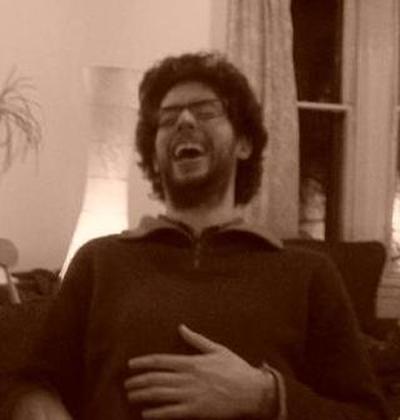James Camien McGuiggan Philosophy PhD Researcher

I went to NUI Maynooth, Ireland, for my undergraduate degree (graduating 2008), whither I went to study music, in order that I might become a composer. I took up philosophy because I was acutely conscious of the need to justify my writing music - because what is this thing called music? Why does it matter? And what have I to add to Bach and Schoenberg, that I have the impertinence to ask people to listen to my music rather than theirs? But this justificatory project ended up being much more difficult and addictive than I had anticipated, and its pursuit took me to St Andrews for an M.Phil. (graduated 2011), and thence to Southampton. I still write music, albeit only very occasionally; and I play guitar and piano.
In The Principles of Art (1938), R. G. Collingwood defines art and gives an account of its relationship to the rest of our lives in such a way that its status as the most important of human endeavours is made luminously clear. He shows a sensitivity to art and a philosophical acumen second to none. Unfortunately, though, he found himself on the wrong side of philosophical fashion and has been, despite the frequent acknowledgement that his is one of the greatest books ever written in the philosophy of art, neglected. My aim is to rectify this.
Collingwood defines art as the expression of emotion. One common objection to this definition is that plenty of artworks have little to do with emotion (for instance, perhaps, Stravinsky's later works, or Warhol's Empire), and plenty more are not even expressive of anything (Hamlet expresses his emotions in Hamlet; but does the play itself express anything?). This objection is somewhat forestalled by interpreting Collingwood more subtly (e.g., perhaps a more lucid definition is 'the clarification of thoughts and emotions'); but the deeper and more enlightening response is that art, for Collingwood, is not just those objects found in art galleries, those series of sounds found in concert halls and so on; it is a golden thread that runs through all of life, and gives it radiance. This response not only deepens our understanding of artworks, but also of everything through which the golden thread of art passes; and it is primarily this response that I am developing in my research.
Contact: jcm2g12@soton.ac.uk